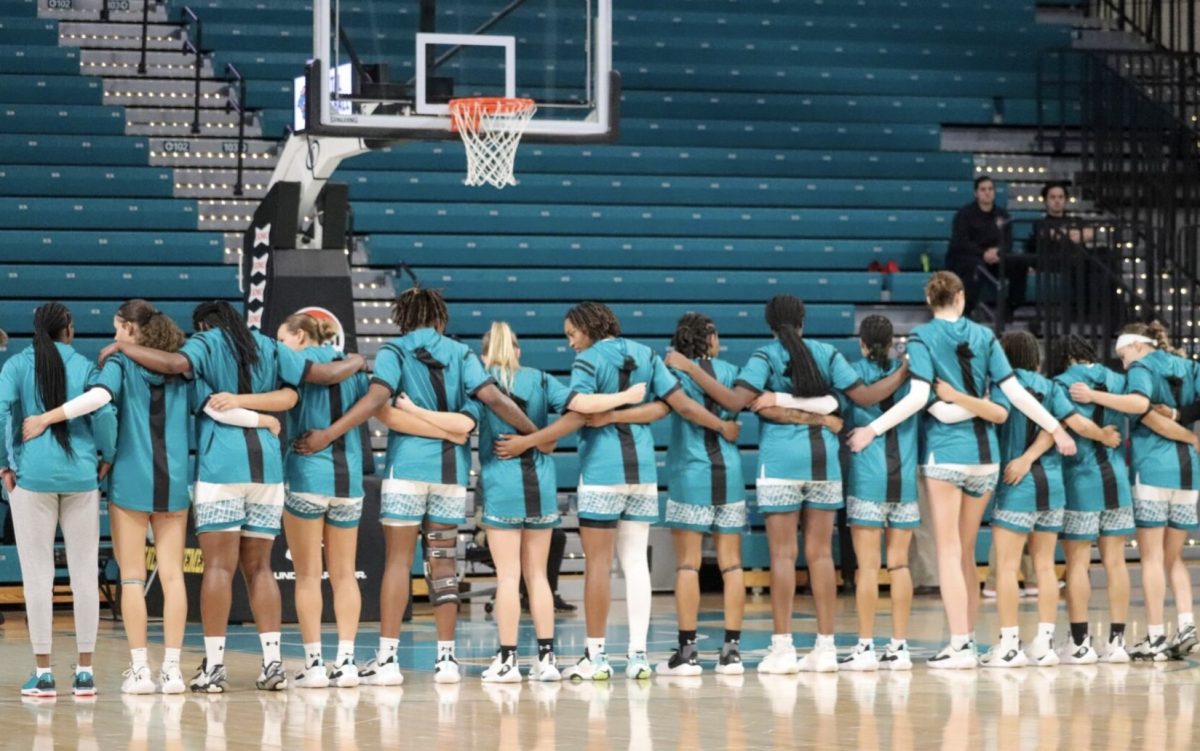If your relationship falters, it’s time to debunk 50/50 myth
Mental and physical health are crucial to care for in relationships. One fallacy that’s damaging to relationships is the 50/50 concept, which is usually defined in two ways—commitment or balance.
A healthy relationship only exists through full effort and attention from both partners. This means committing to communication, showing respect and empathy, and being loyal. If there is a conflict, then both sides need to want to listen and come to a solution.
Many people believe relationships should be equal: Each person does an exact amount of work around the house or in their relationship (i.e., partner one cooks dinner, and partner two cleans the dishes).
Equality in a relationship isn’t one partner giving 50% and the other reciprocating the effort (although this does happen). It stems from the definition of commitment; both are—or should be—trying to give themselves fully through sacrifice. However, some people fall under the “keeping score” mentality, which is damaging.
Here’s one of the biggest problems in young romantic relationships: Teens and young adults between the ages of 12 and 25 often disregard their well-being. We forget to talk about our mental health, or we’re anxious to talk about it with our partner.
As a 22-year-old, I understand rocky relationships. It’s troublesome to maintain them when we’re first struggling to maintain our own thoughts and feelings.
I have dated the same man for more than six years. During our time together, we’ve shifted from teenagers to young adults, and we both had to learn who we are individually and together.
We communicate, compromise, and care for one another based on one another’s relationship needs. We get to define “equality.” If you’re going to imagine your relationship regarding balance, you and your partner should also have the same sense of equality.














